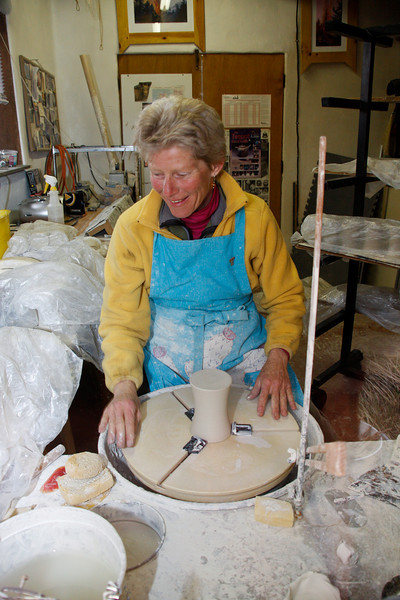by Bethany Ball
While walking across the Mont Blanc Bridge in Geneva this spring, I saw a beautiful, chic young girl saunter by. The bridge, dividing the two centers of Geneva, is the perfect place for people watching. It's long and the walkway is narrow. The foot traffic is swift. Audis and BMWs and buses buzzed by, carrying bankers and watch executives from the old city to the new, or maybe to the Alps to rest and relax.  photo via Flickr by Jonathan ZiapourWhen I saw this girl walking past me, I had my usual response. Appreciation mixed with a little envy and curiosity: where did she get that gorgeous scarf and where could I find one just like it? Would I achieve the same affect if I wore the same clothes as she did? My son and my husband were tagging along behind, my husband trying to console my son who was crying. He was jet lagged and wanted to go back to the hotel where a magnificent box of Legos, bought as a gift by his grandfather, was waiting.
photo via Flickr by Jonathan ZiapourWhen I saw this girl walking past me, I had my usual response. Appreciation mixed with a little envy and curiosity: where did she get that gorgeous scarf and where could I find one just like it? Would I achieve the same affect if I wore the same clothes as she did? My son and my husband were tagging along behind, my husband trying to console my son who was crying. He was jet lagged and wanted to go back to the hotel where a magnificent box of Legos, bought as a gift by his grandfather, was waiting.
At the moment that I saw the beautiful girl, I was furious with my son. But the sight of her had buoyed up my sagging, jet lagged spirits and brought something else into focus: beauty and beautiful objects and youth. Perhaps it was because I was there with my son, now six years old. There was no pretending anymore that I could ever be as young and carefree as that girl. Or that any outfit I put on would transform me into youth. That world belonged to her now, not to me. My world was just behind me, dissolving in sniffles. I reached my hand out to my son and he ran and grabbed it gratefully. He was six years of my new reality, condensed in the form of an intelligent and sensitive young boy.














